
Selling earnestness in a cynical world is a risk.
If we decide to become an agency of sincere expression, assert our incorrigible hopefulness and act wildly enthusiastic, for many people, them’s fighting words. To the extent that we might be shamed and alienated for our honest and heartfelt way of experiencing life.
Happens to me all of the time. I’m a highly sensitive person whose earnest affections have been rejected and misinterpreted ever since he was young.
Turns out, optimism bothers the hell out people. Especially the ones who believe they have been chosen as the barons of negativity.
The good news is, we have a choice in how we respond to this resistance. It’s either fear or love.
The fear response is to shrivel up like a frightened turtle and accept the story that we are hopelessly naïve romantics who need to get with the program and don the mantle of a bitter misanthrope in order to avoid getting hurt.
You were warned about the dangers of our excessive optimism, and now it’s time abandon the last traces of your idealistic vision of the world. Queue forms around the block.
The love response, is learning to see cynical people with kind eyes. Because they’re hurting. They’re fighting a battle that we know nothing about. And our optimism might trigger their belief that there is a limited supply of love to go around and stir up feelings of resentment.
And yet, we don’t lose hope that our love might wear them down eventually. Because even if it doesn’t, we can still proudly measure our work by the optimism it left behind.
We can still go to bed each night knowing that we brought more light than dark.
Look, social pressure, herd mentality, cultural norms, these are potent forces that are pushing against us.
People are probably looking forward to harboring their bitter resentment towards us for at least another decade.
And so, we can either shrink in fear, or double down on our love.
Happy Valentine’s Day.
LET ME ASK YA THIS…
Have you accepted that your optimism may be the mirror that reflects back to people just how unhappy they really are?
* * * *
Scott Ginsberg
That Guy with the Nametag
Author. Speaker. Strategist. Inventor. Filmmaker. Publisher. Songwriter.
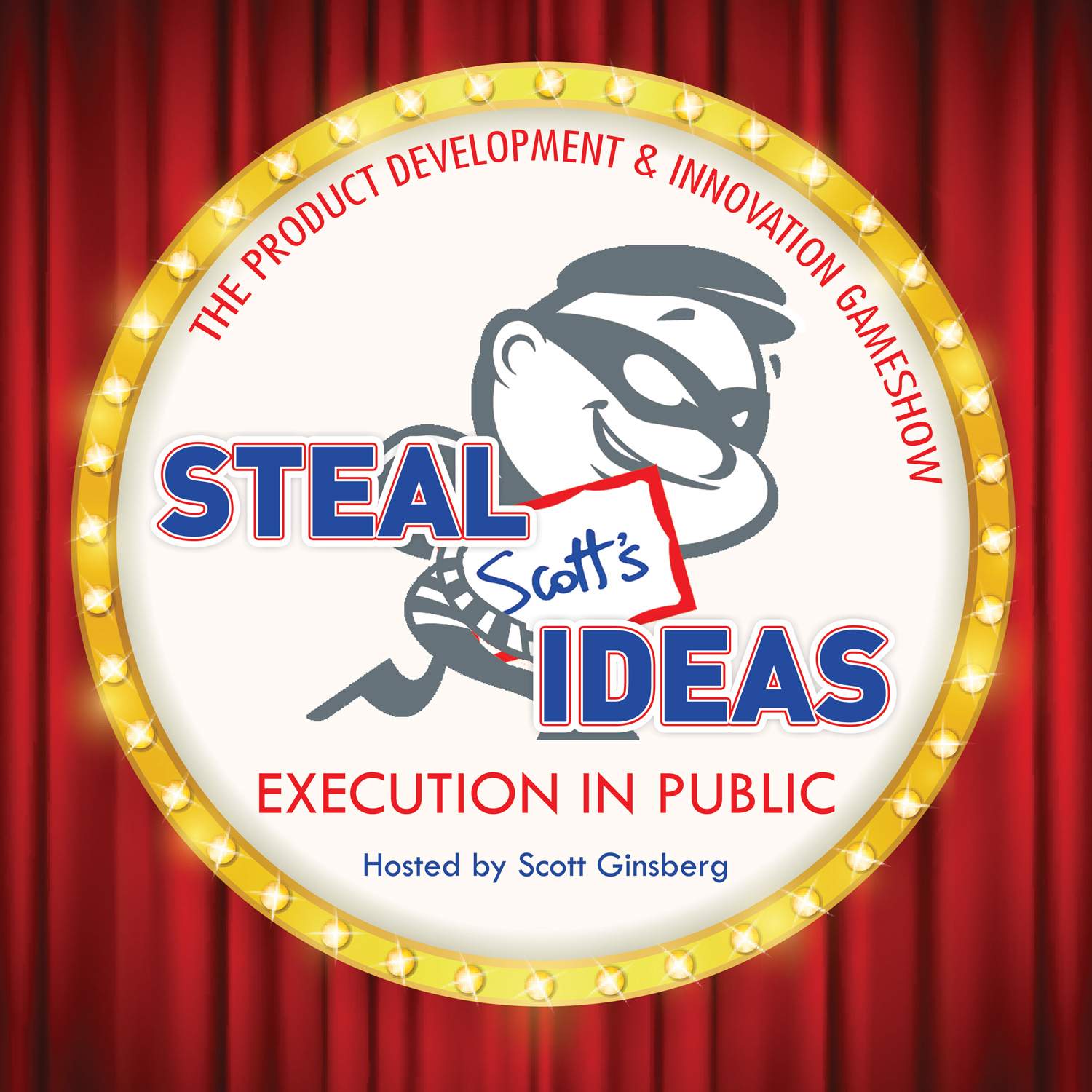 It’s the world’s first, best and only product development and innovation gameshow!
It’s the world’s first, best and only product development and innovation gameshow!
Tune in and subscribe for a little execution in public.
Join our community of innovators, artists and entrepreneurs

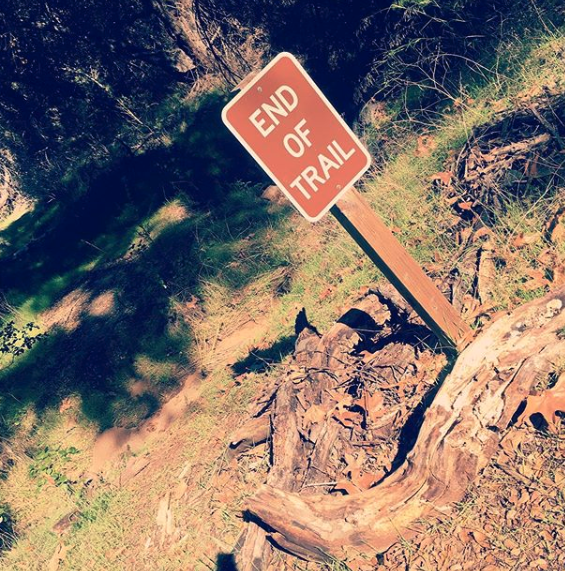
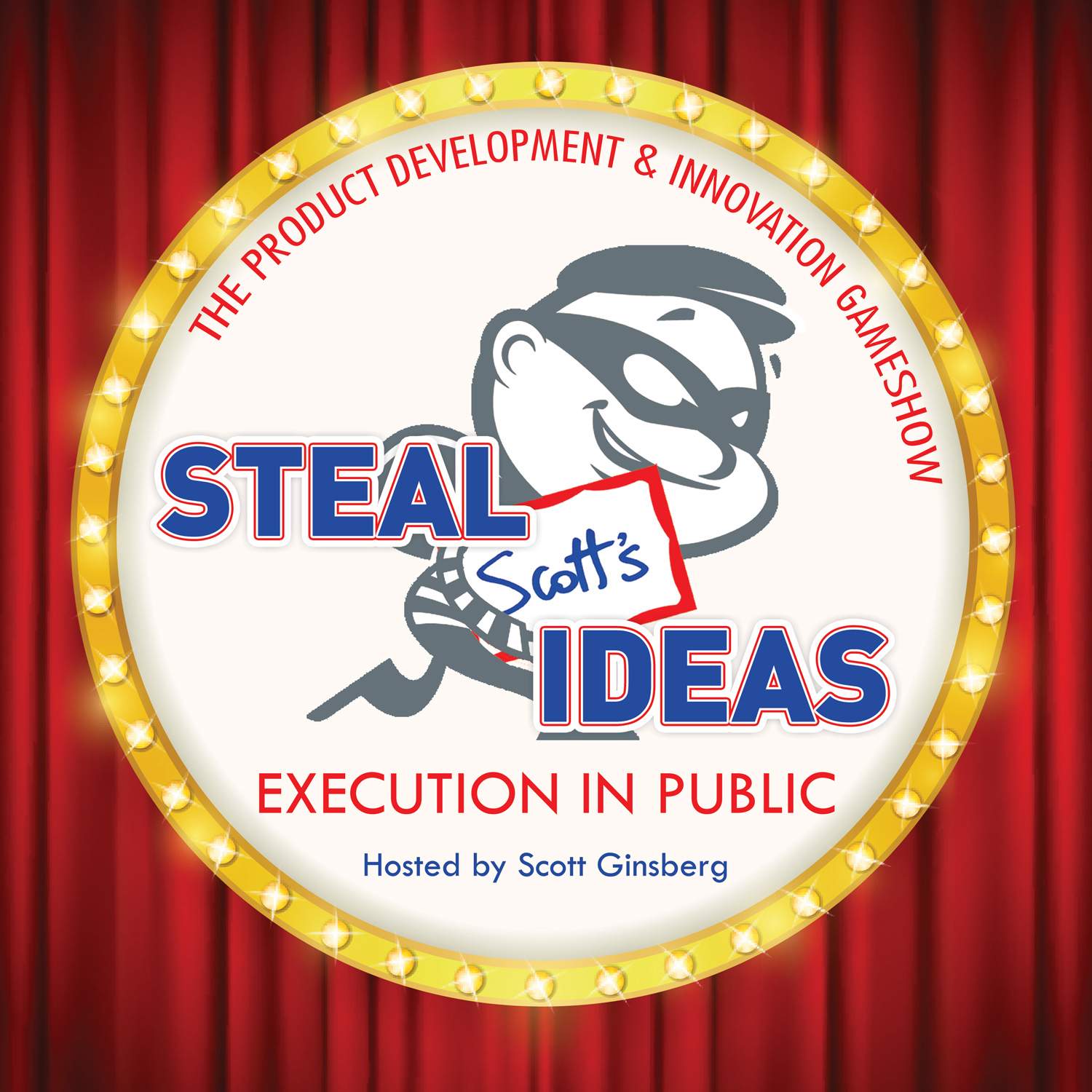 It’s the world’s first, best and only product development and innovation gameshow!
It’s the world’s first, best and only product development and innovation gameshow!
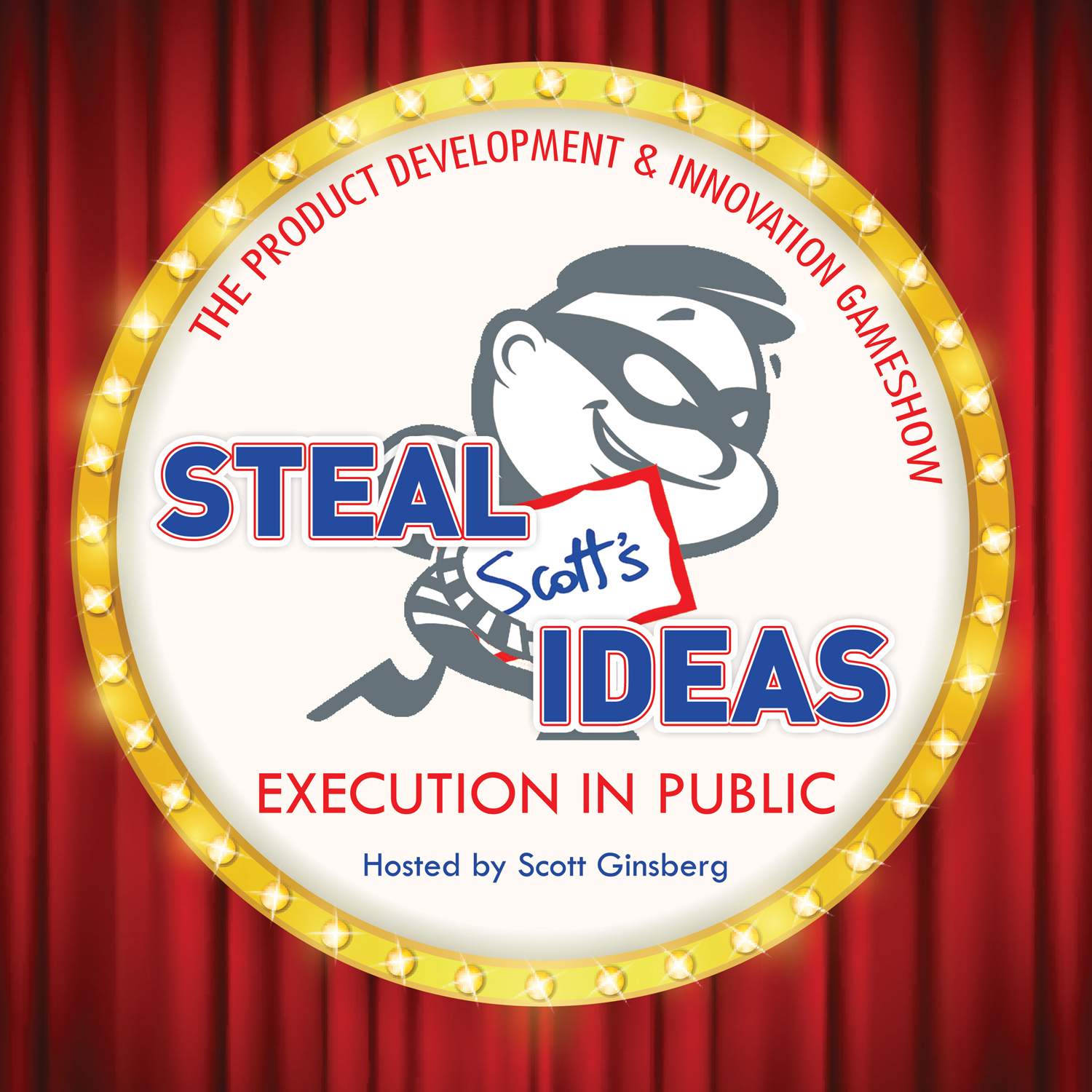 It’s the world’s first, best and only product development and innovation gameshow!
It’s the world’s first, best and only product development and innovation gameshow!
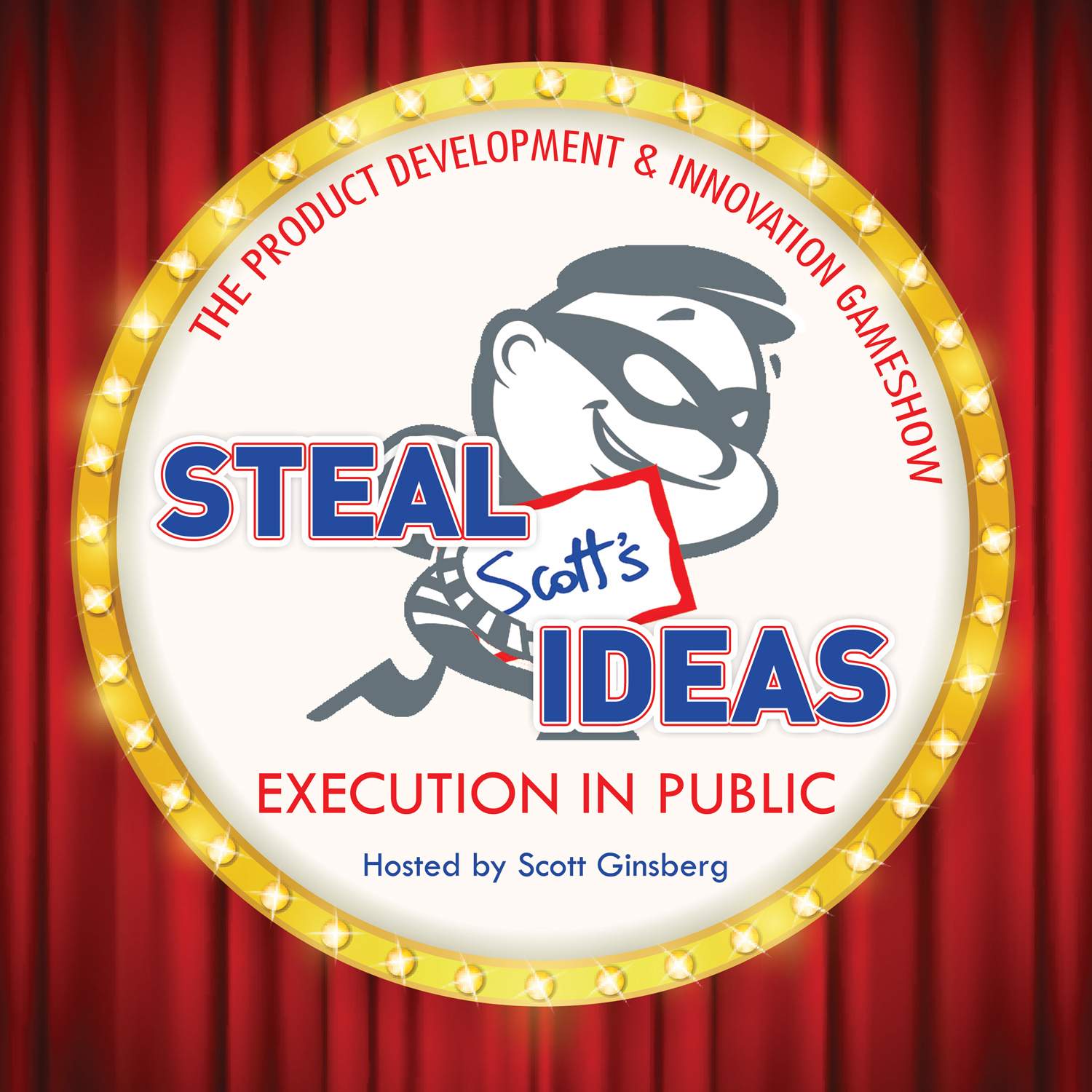 It’s the world’s first, best and only product development and innovation gameshow!
It’s the world’s first, best and only product development and innovation gameshow!
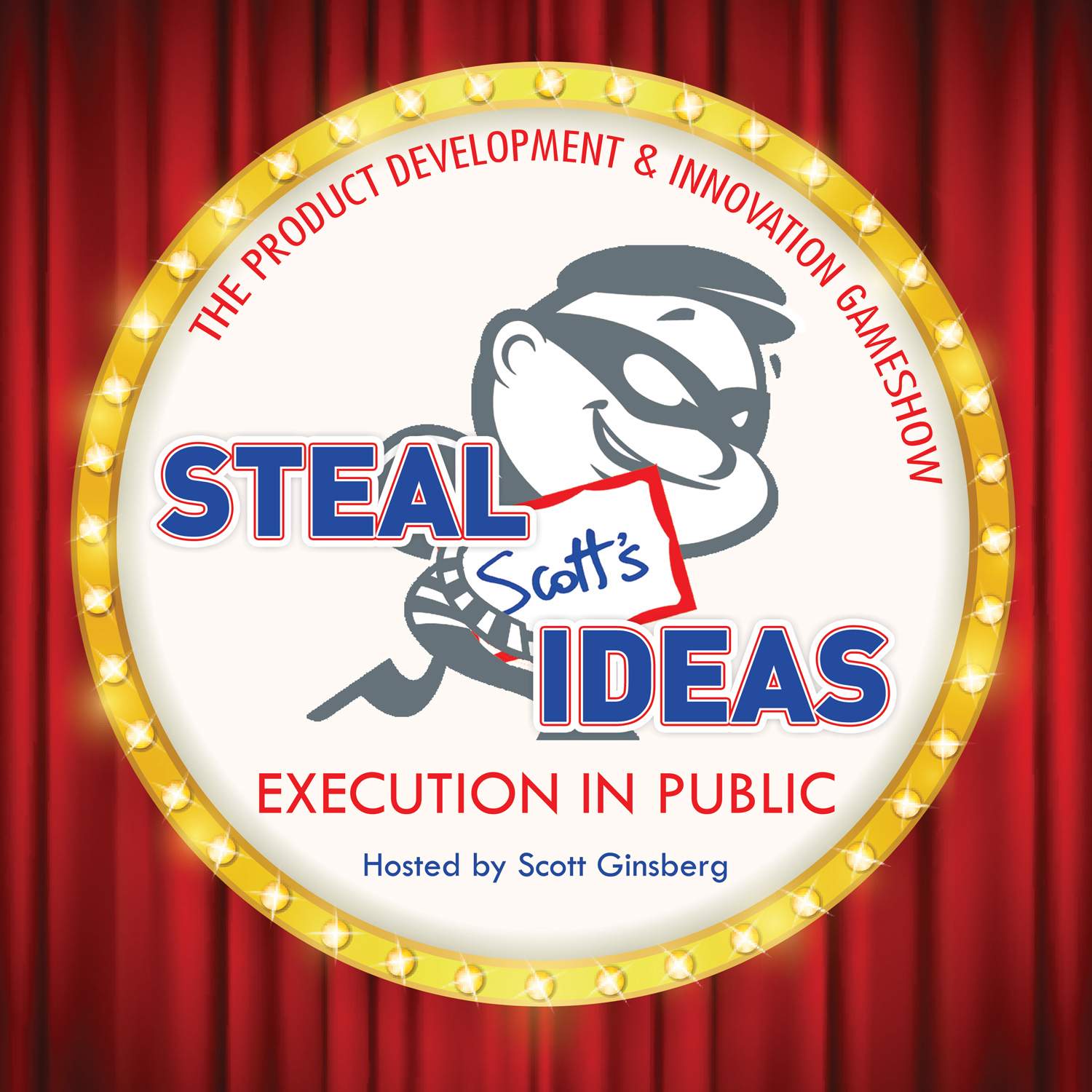 It’s the world’s first, best and only product development and innovation gameshow!
It’s the world’s first, best and only product development and innovation gameshow!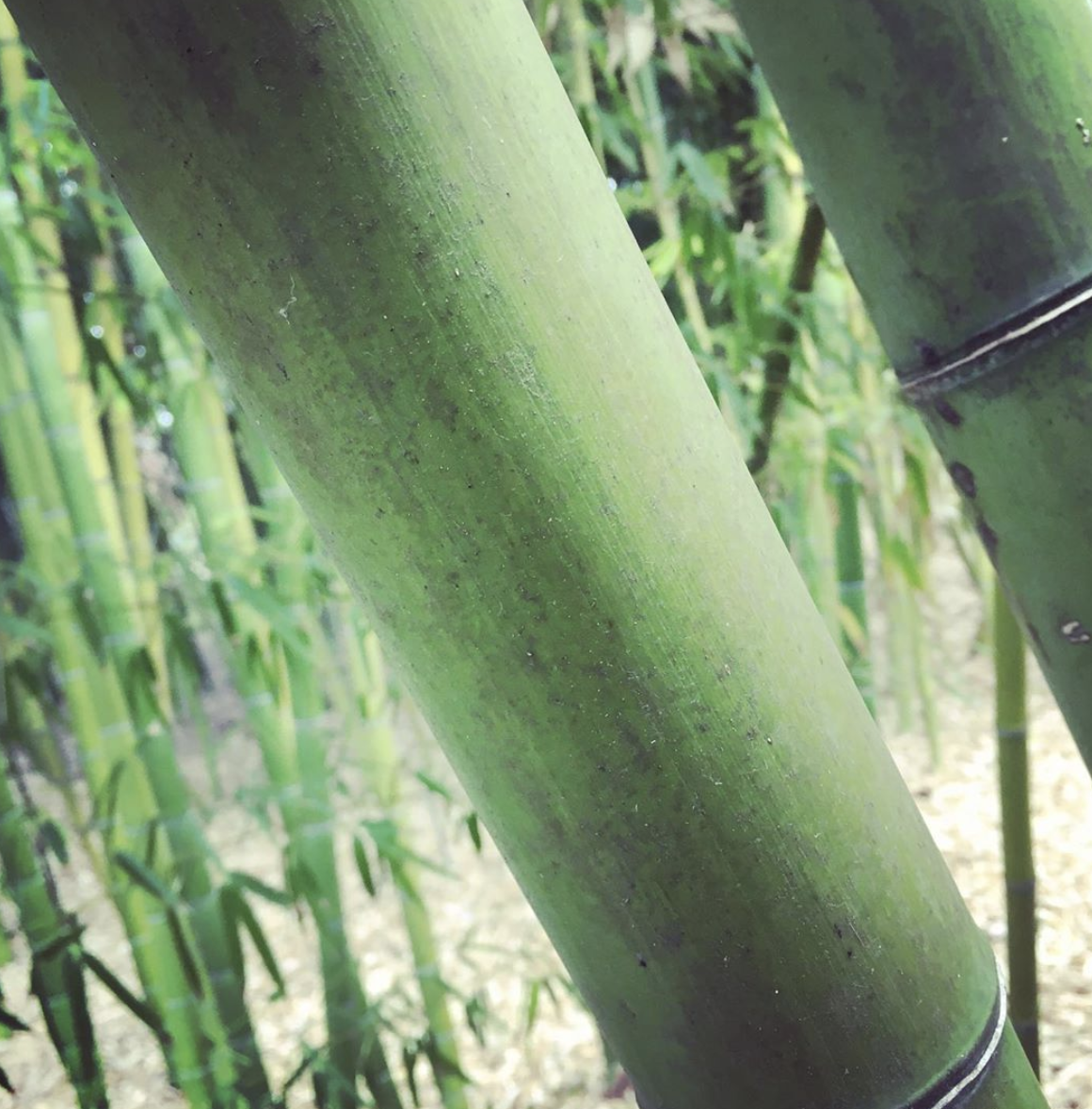
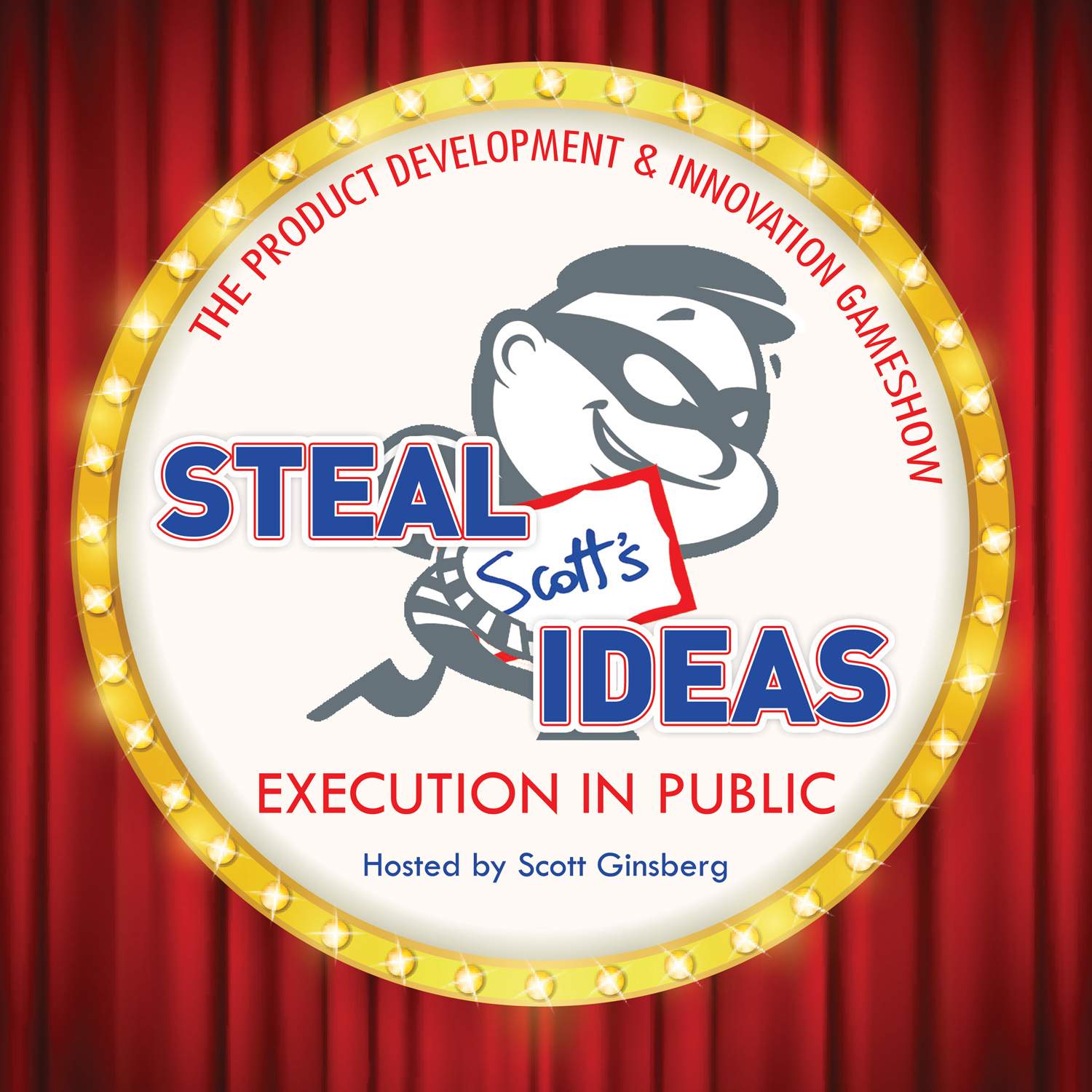 It’s the world’s first, best and only product development and innovation gameshow!
It’s the world’s first, best and only product development and innovation gameshow!
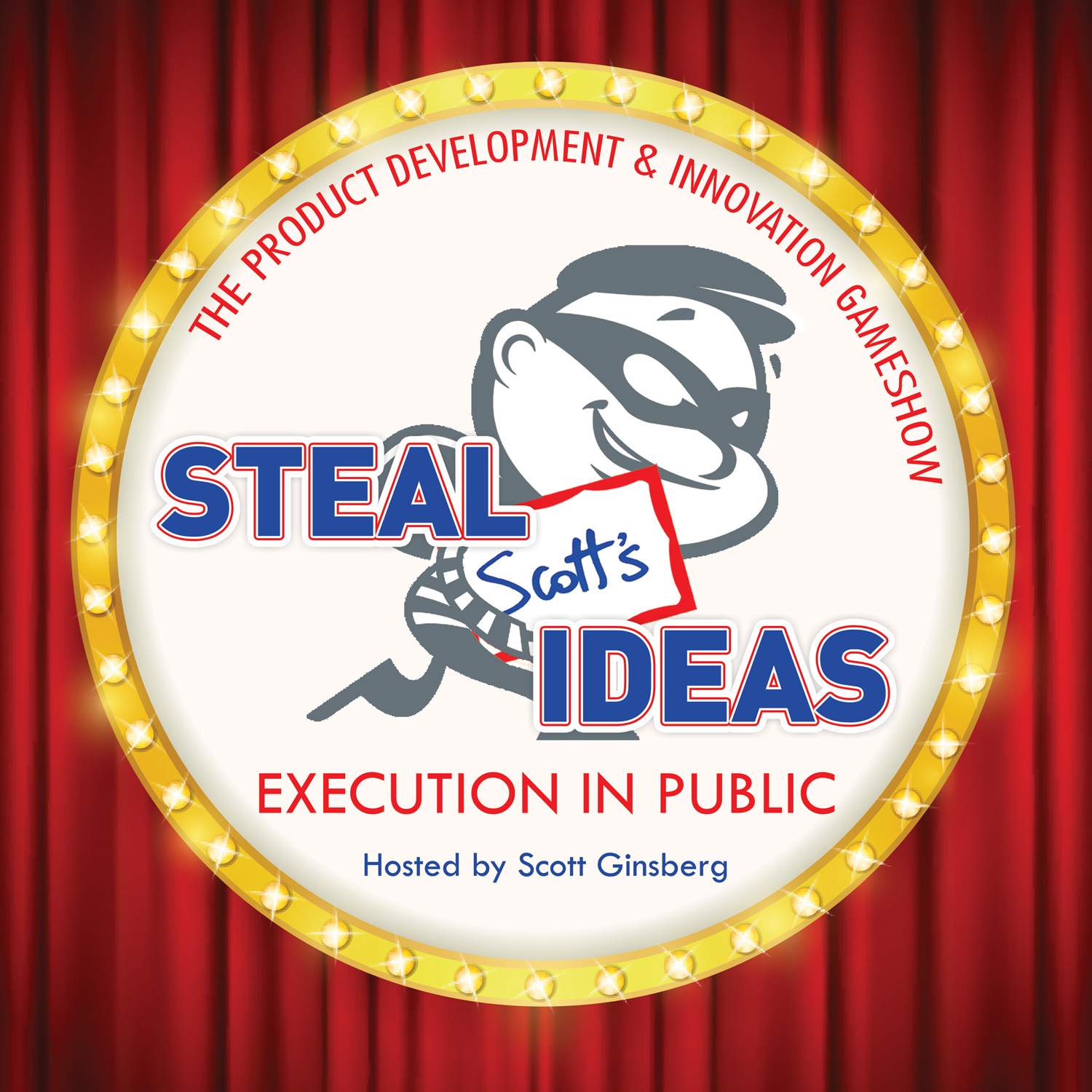 It’s the world’s first, best and only product development and innovation gameshow!
It’s the world’s first, best and only product development and innovation gameshow!
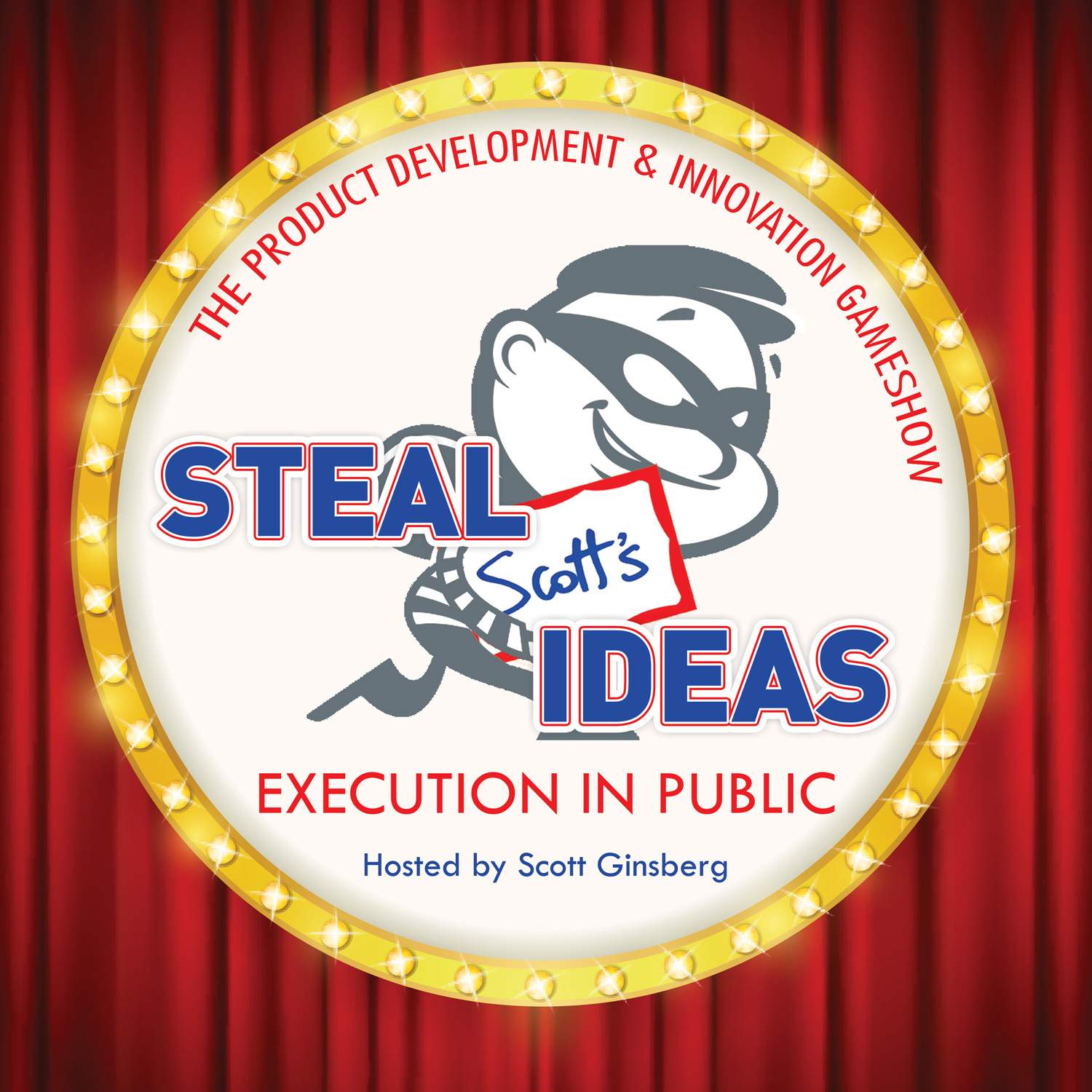 It’s the world’s first, best and only product development and innovation gameshow!
It’s the world’s first, best and only product development and innovation gameshow!
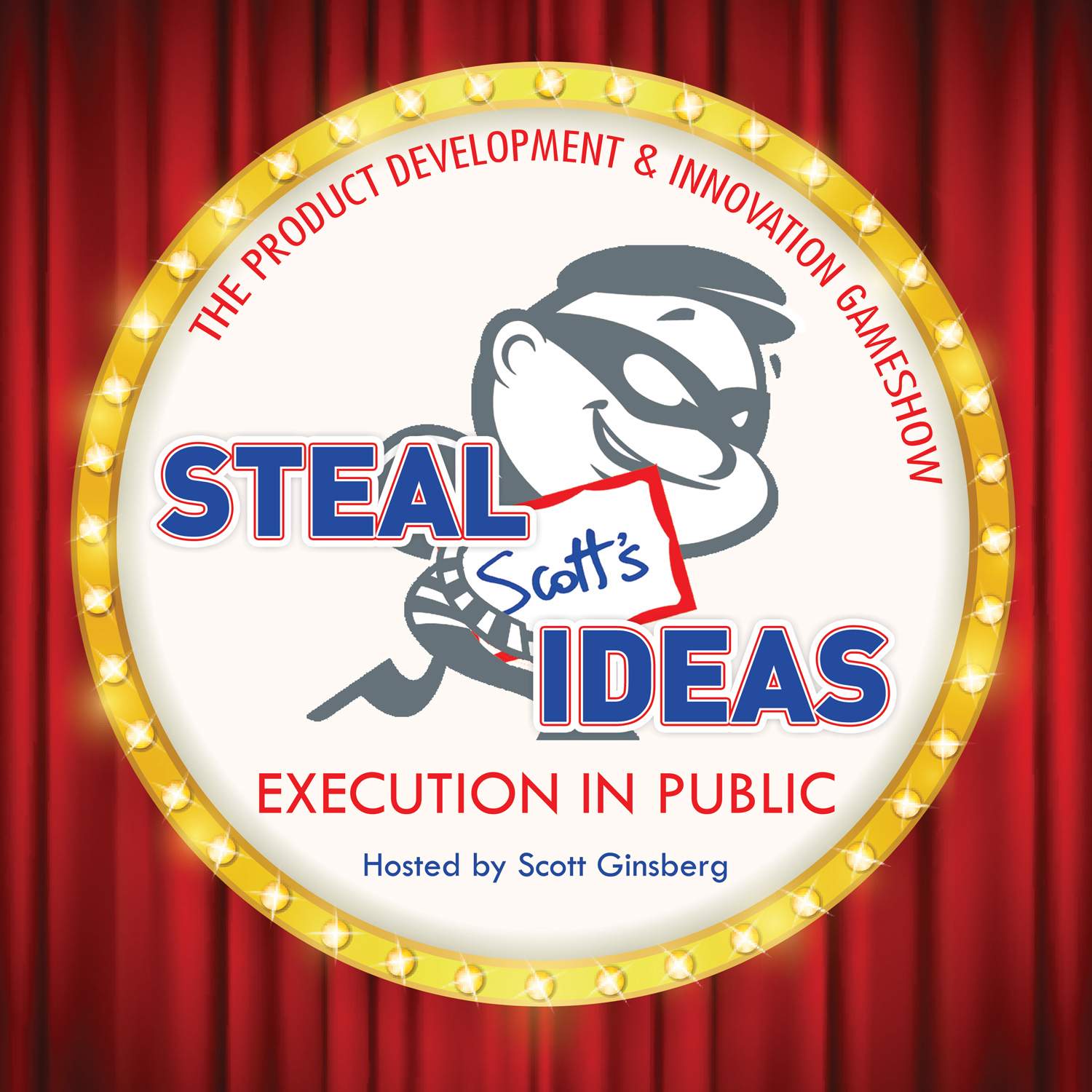 It’s the world’s first, best and only product development and innovation gameshow!
It’s the world’s first, best and only product development and innovation gameshow!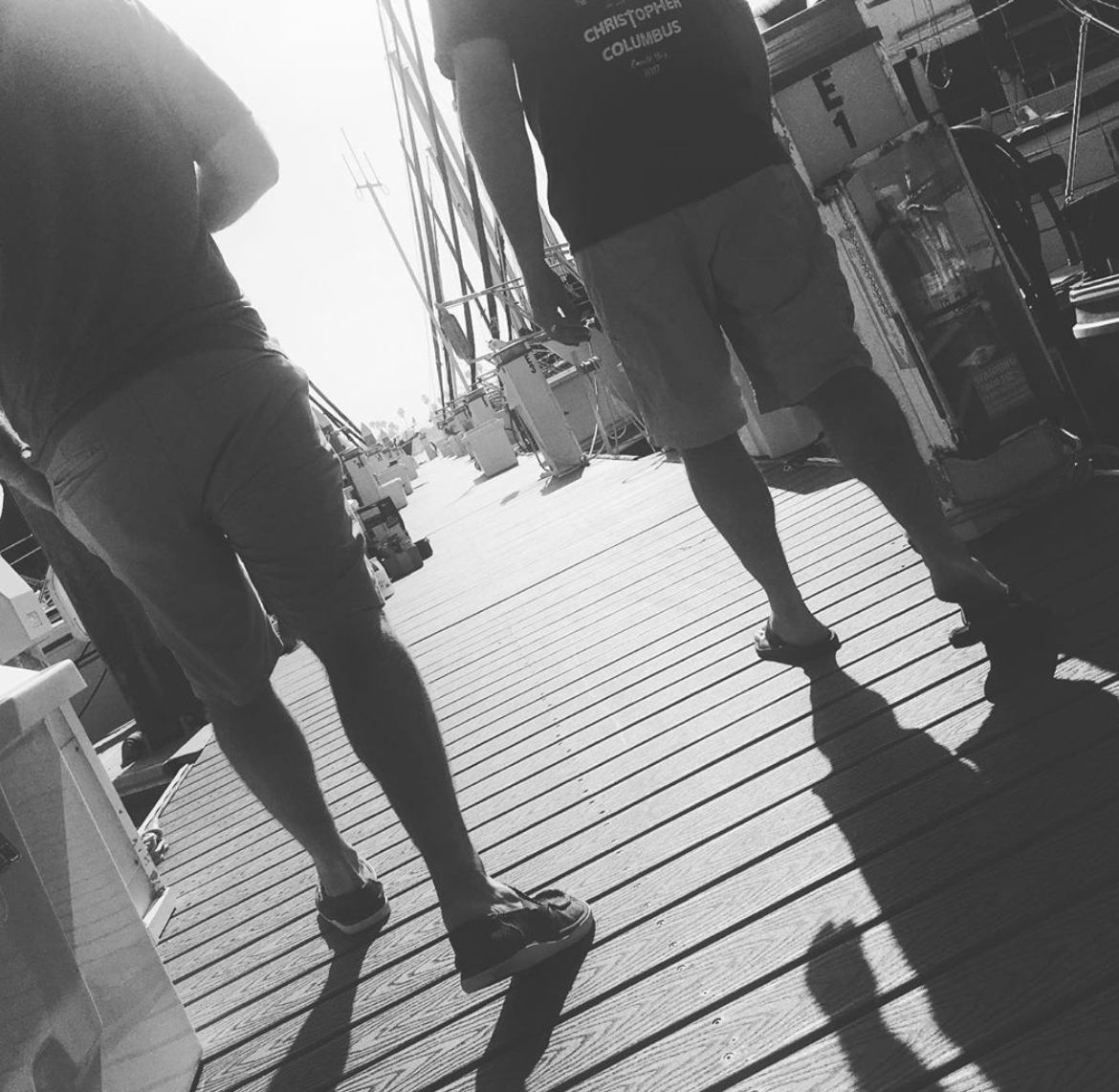
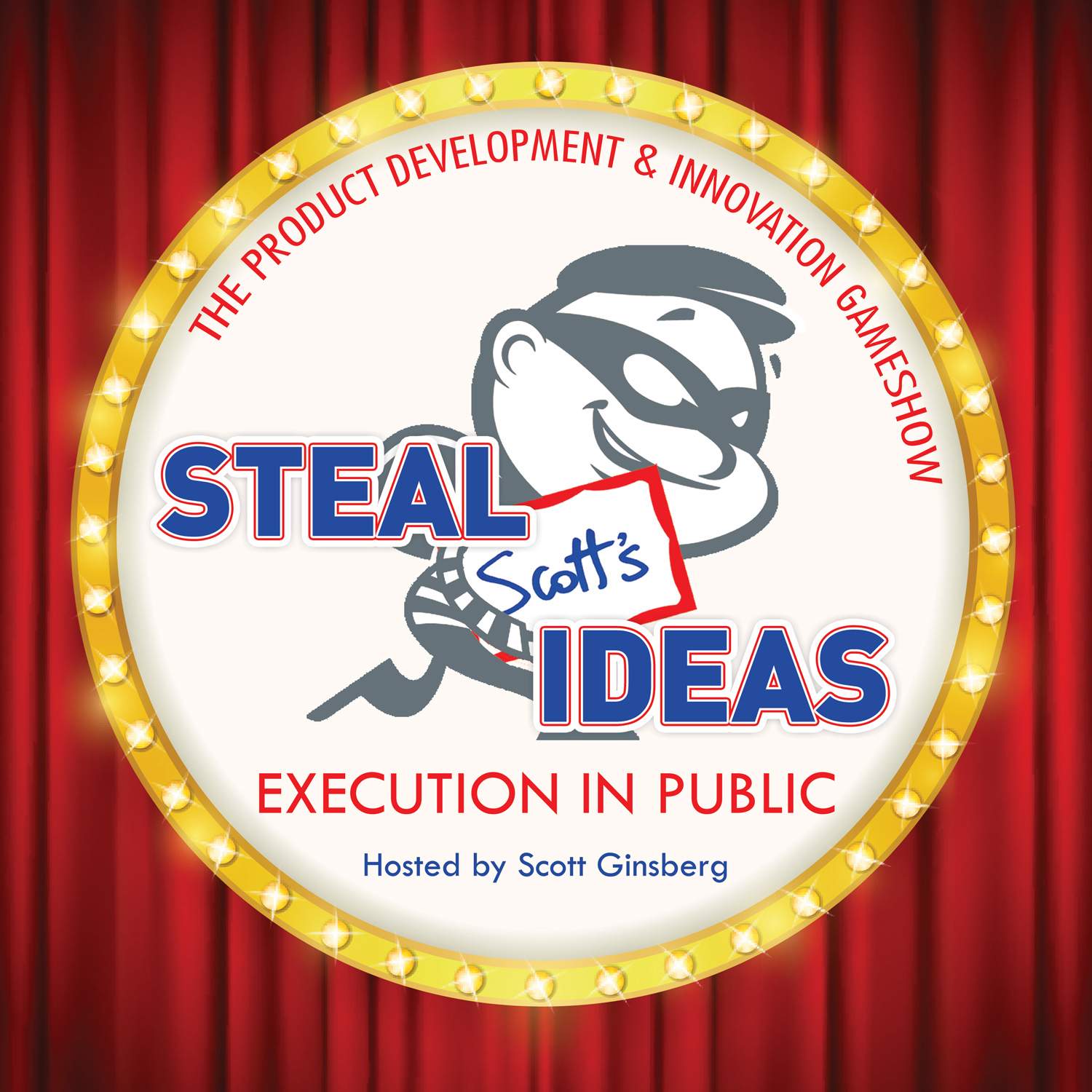 It’s the world’s first, best and only product development and innovation gameshow!
It’s the world’s first, best and only product development and innovation gameshow!